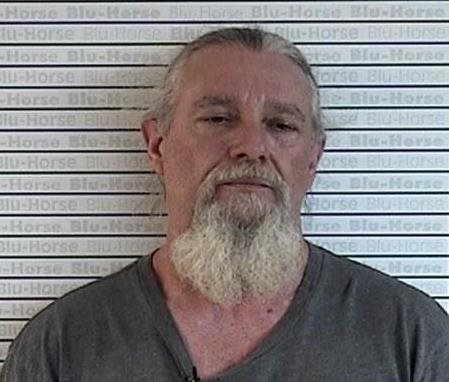In what one Nuclear Regulatory Commission (NRC) official described as an “unprecedented” meeting, over a dozen NRC officials met with local and state emergency management personnel Thursday night to discuss the progress Honeywell’s Metropolis plant has made toward reopening.
NRC Region 2 Administrator Victor McCree said the shutdown of production at Honeywell began after the NRC began re-evaluating its safety requirements following the March 2011 earthquake and tsunami in Japan.
McCree said that event caused substantial damage to a nuclear power plant, resulting in the loss of approximately 20,000 lives and prompting NRC to review its rules concerning earthquake safety.
.
Subsequently, the agency decided that Honeywell’s Metropolis facility was not adequately prepared to protect citizens in the event of a major earthquake or tornado.
An inspection in May of this year found that the process equipment in the plant’s feed materials building “lacked seismic restraints, supports and bracing that would assure process equipment integrity during certain credible seismic events or tornadoes.”
Honeywell was already temporarily closed for planned maintenance. But the resulting order from NRC has kept operations shut down since.
Honeywell’s Brett Able told the crowd of about 100 people Thursday night that the company will be calling back workers on an as-needed basis in preparation for a June 1, 2013 resumption of production at the plant.
Able said Honeywell is “in lock-step with the NRC’s oversight” on safety and said he is “pretty confident” the June start-up will be achieved.
Able also addressed the issue of layoffs, which has plagued the workforce in recent years.
He said company officials have been working to ensure the profitability and sustainability of the plant.
“Maybe we will not see those layoffs in the future,” he said.
The most recent shutdown of the plant follows on the heels of a lockout of workers which began in the summer of 2010 and continued for over a year.
During the past few years, there have also been shorter periods when production has been shut down and the company has laid off workers.
The lack of steady work has resulted in a high rate of worker turnover, which some people at Thursday’s meeting addressed.
Matt Carlson, a former Honeywell worker, said he had been laid off four times during the years he worked at the plant. “We all know that a high turnover rate could pose a significant (safety issue),” Carlson said.
Tony Gody, of NRC, addressed his concerns, stating that the agency will be observing worker training before the plant is reopened. “We will see that workers on site are capable of doing their jobs in a safe manner,” Gody said.
United Steelworkers of America (USWA) Local President Stephen Lech also voiced his concerns over the layoffs and expressed his opinion that NRC does not put enough emphasis on talking to the workers at the plant, when investigating safety issues.
Following the meeting, Lech said he was satisfied with NRC officials’ answers to his questions during a post-meeting talk.
The Metropolis Honeywell plant is the only facility in the United States which produces uranium hexafluoride (UF6) from milled uranium. The UF6 is shipped to Paducah’s gaseous diffusion plant, where it is enriched



.jpg)
.jpg)